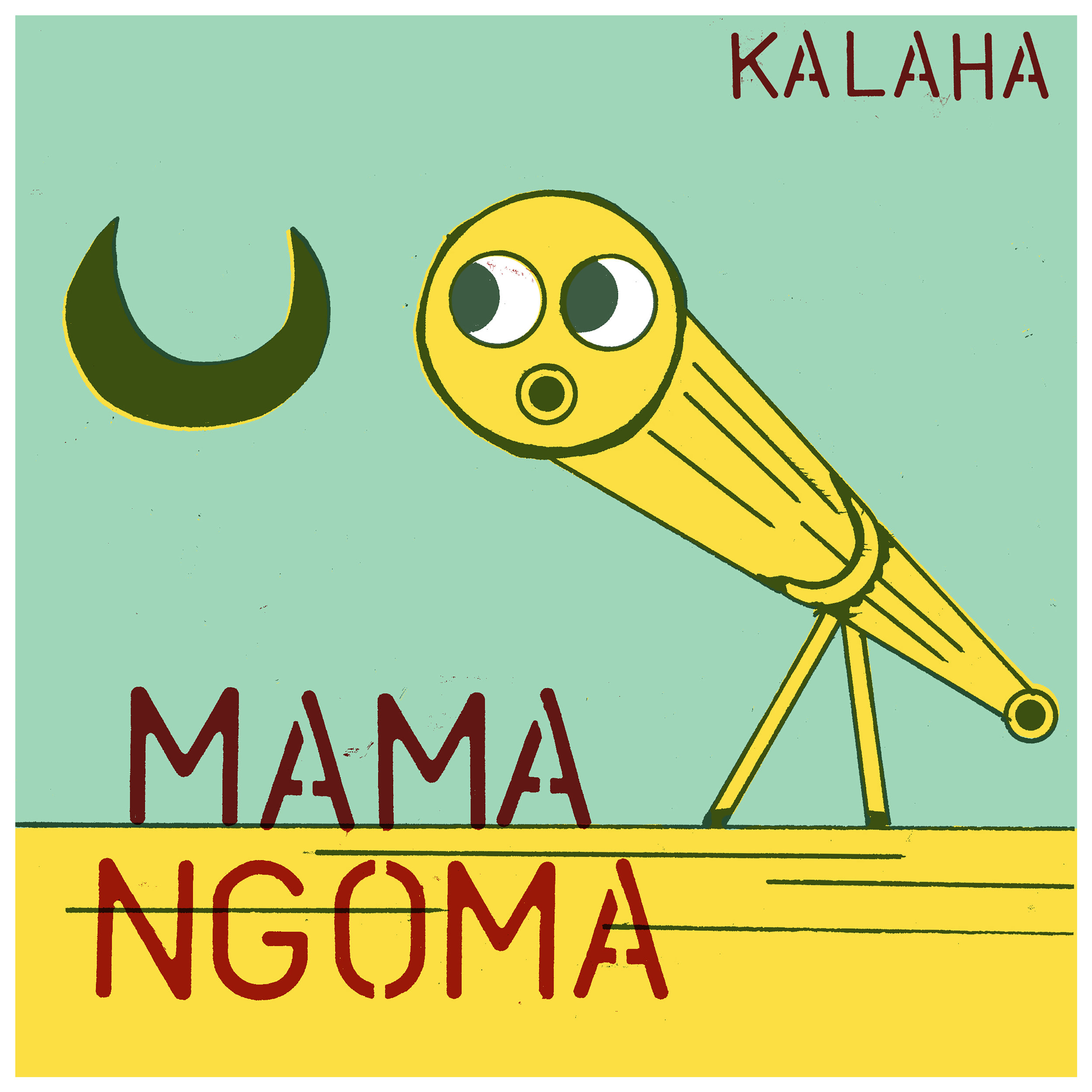Kalaha - Malaika (MALAKAI anagram remix)
Danish supergroup collides electronic sounds with West African music to explore new musical hemispheres. The award winning and Gilles Peterson-approved Danish supergroup Kalaha returns with their first release in almost two years: the EP 'Mama Ngoma'.
The EP is first and foremost a tribute to West African traditions like Highlife and Afrobeat but mixed with the dance floor appeal of contemporary electronic music.
The backbone of the band comes from the outrageous drumming of Emil de Waal, who's improvisational attitude is known to astound audiences around the world, alongside the finely balanced guitar of Niclas Knudsen, who has been studying and refining African techniques for more than a decade now.
On top of this, the two highly regarded electronic producers and synth wizards, Rumpistol & Spejderrobot, take the band to new musical hemispheres by adding layers through extra-terrestrial synths, analogue effects and spaced out samples.
The electronic aspect of the EP is further expanded with two remixes from NYC-based MALAKAI and Danish rising star Bwoy de Bhajan. The EP is accompanied by an animated video directed by the group's art director Zven Balslev, and in the spring of 2019 follows an entire album titled 'Mandala'.
Track by Track
The EP kicks off with the catchy and highly danceable 'Mama Ngoma', which combines African mud huts with epic science fiction. We then reach the hypnotic horn attack of 'Cape Star', featuring wonderful guitar work from Knudsen, before the West Coast inspired 'Malaika' leads into an outro that’s like Talking Heads, if David Byrne was replaced by a Speak&Spell computer!
Fourth track and first single 'Dragon Jenny' shows the band in more mellow and reflective territories without losing their groove. The track has already received airplay around the world.
To finish things off we're proud to have the NYC-based producer MALAKAI present his dubsteppy anagram remix of 'Malaika', before rising star Bwoy de Bhajan spoils us with his minimalistic take on 'Cape Star', reminiscent of some of Shackletons earlier percussion-driven work.

